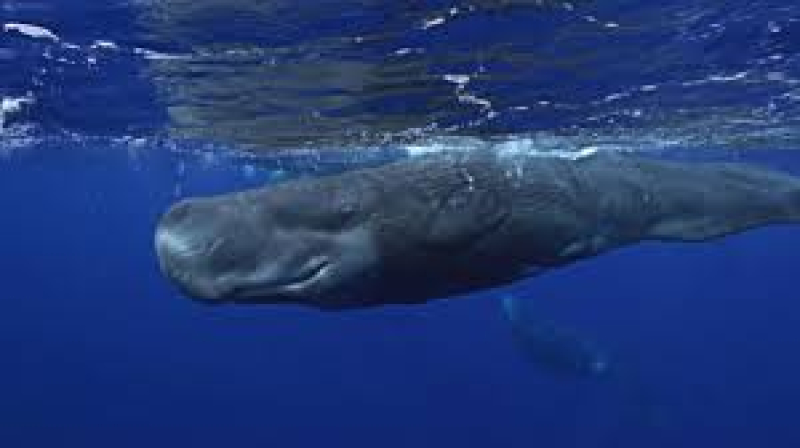- BNP fast-tracks cabinet plans after resounding victory |
- Modi Calls Tarique, Pledges India’s Support |
- Bangladesh Set for First Male PM in 35 Years |
- Presence of women voters is noticeable at polling stations in Kalapara |
- Tarique Rahman wins both Dhaka-17, Bogura-6 seats |
Dominica to set up world's first sperm whale reserve

Dominica is set to create the world's first marine protected area for endangered sperm whales.
The Dominican government on Monday announced that it will reserve about 800 square kilometers (300 square miles) of waters on the western side of the island nation as the protected area.
"We want to ensure these majestic and highly intelligent animals are safe from harm and continue keeping our waters and our climate healthy," Dominica's Prime Minister Roosevelt Skerrit said in a statement.
Large vessels and commercial fishing will be prohibited in the protected area but small-scale sustainable artisanal fishing would be allowed to continue and visitors will be able to swim with the whales and come to see them from boats.
Why is a protected zone necessary for sperm whales?
Sperm whales are the largest toothed mammals on Earth and grow up to 16 meters long (50 feet). They are found around the world's oceans but are particularly attracted to the Dominican waters because they provide critical feeding and nursing grounds.
However, marine biologists say their population is declining. "We're losing individual animals and the families that researchers and the operators who do whale watching here know very well," marine biologist and founder of the Dominica Sperm Whale Project Shane Gero told the Agence France Press news agency.
The many ways whales would help
The Caribbean country hopes that a protected zone for sperm whales will not only help in increasing tourism revenue but also help in carbon sequestration — a benefit of whales that many tend to overlook.
Additionally, sperm whales have a huge role to play in marine ecology. Their feces is rich in nutrients that help plankton blooms that capture carbon dioxide from seawater.
The plankton in turn when dies becomes a carbon sink thus helping alleviate the impacts of climate change, reports DW.

